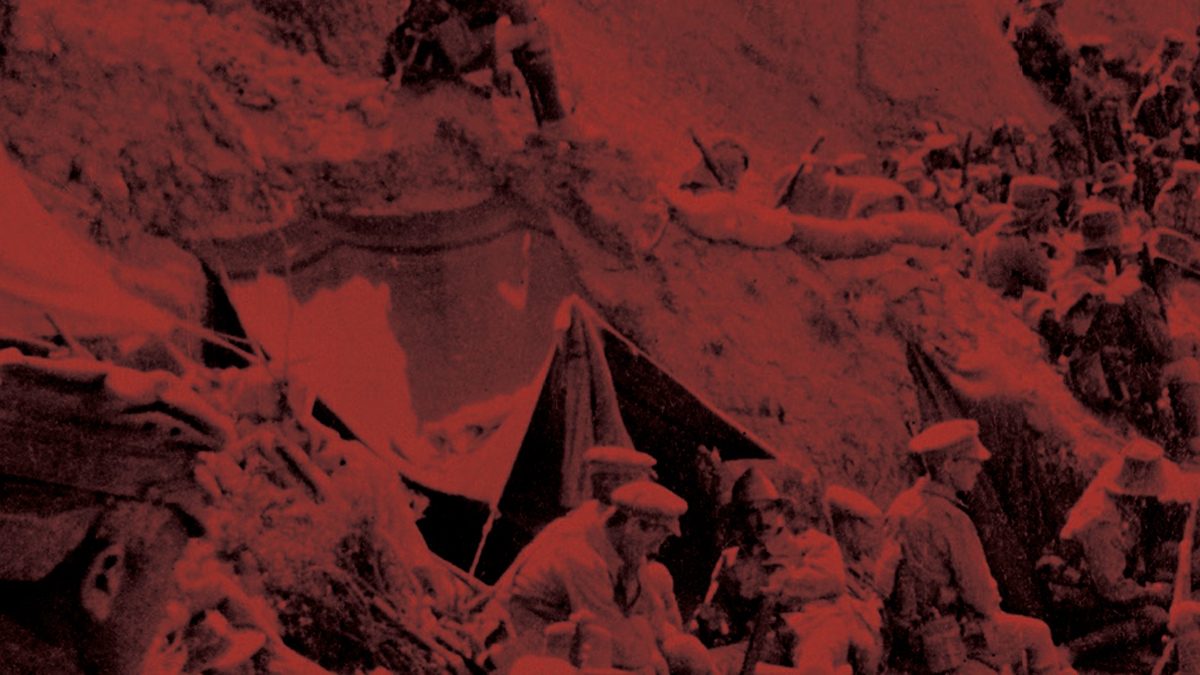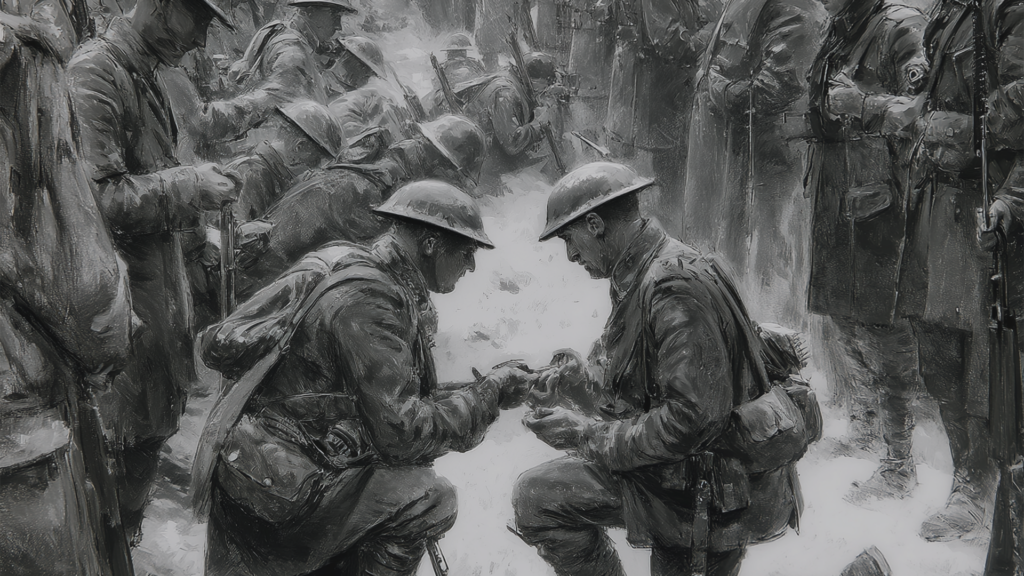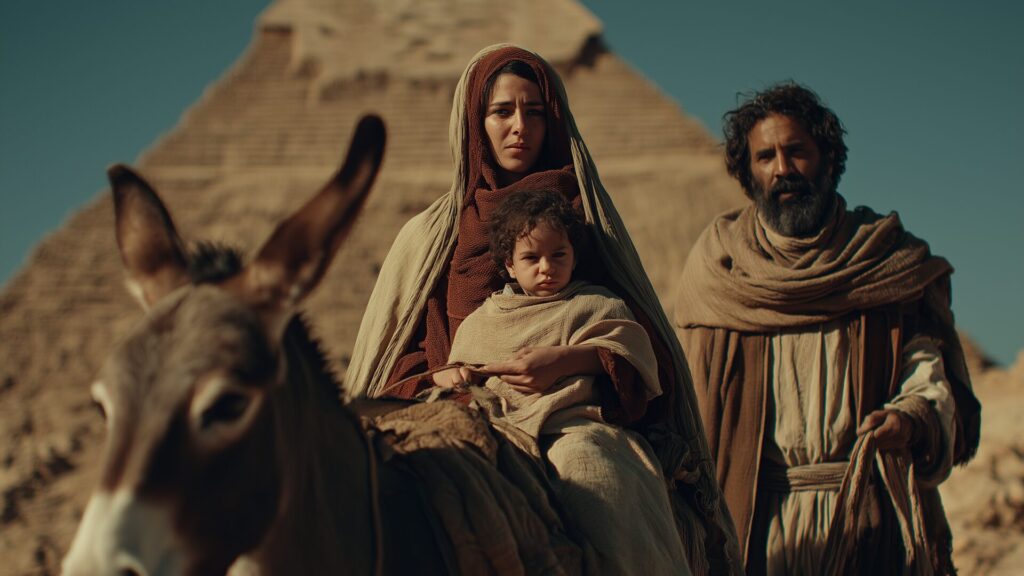We continue perpetuating the Anzacs-were-not-religious myth despite revelations of a deep but concealed interest in spirituality, research by an Avondale academic shows.
Associate Professor Daniel Reynaud describes our memorialisation of Anzac as a “national schizophrenia”. We religiously celebrate irreverent secularity “but the widespread refusal to acknowledge any religious component to Anzac history bothers me. We edit out inconvenient elements.”
These elements include the diaries and letters of more than 1000 soldiers of the First Australian Imperial Force—the same sample size used by academic historian Bill Gammage in his pioneering book The Broken Years: Australian Soldiers in the Great War. About one in three Anzacs provide some indication of their attitude toward religion—most of it positive.
A historian whose credits include a doctorate in Australian war cinema, the recovery and reconstruction of Australia’s first Gallipoli movie and a biography of Anzac chaplain William “Fighting Mac” McKenzie, Reynaud shares findings from his reading of this personal correspondence in a book called Anzac Spirituality. Unlike Gammage, who wrote that “the average Australian soldier was not religious,” Reynaud says the diaries and letters “reveal an interest in matters of the soul more widespread than previously imagined, with significant numbers demonstrating a deep engagement with God, religion and the human spirit.”
Conflict initially prompted reflection about the soul and the spirit. “Soldiers grew thoughtful in the days leading up to their first battle,” says Reynaud, an associate professor in the Discipline of Humanities and Creative Arts at Avondale College of Higher Education, but “the vagaries of war meant those who prayed died at the same rate as those who didn’t.” His reading is an honest one: rather than becoming more religious, the men, even those identifying as Christian, became more fatalistic. “While war led some to consider the divine for the first time, it also led some to lose their faith because they couldn’t reconcile belief in an all-powerful God with the evident evil and random destruction before them.” The net effect of war on spiritual reflection: “at best neutral if not negative.” [pullquote]
Perhaps this is one of the reasons why the Anzacs sought to conceal their interest. Another? It reflects the reluctance of Australians “to admit our interest in matters spiritual”. Historian John Hurst, whom Reynaud quotes in the book, argues Australians kept religion out of public life and the national conversation to avoid the unseemly conflicts that bedevilled the Old World, with its history of religious wars and social fracturing over doctrine and ritual. “Since Anzac represents the epitome of Australian virtues,” says Reynaud, “we have created an Anzac legend shorn of religious associations to ensure the broadest possible acceptance.”
Reynaud writes at length in Anzac Spirituality about the “appropriate caution” that he applies to personal correspondence before using it as a historical source. But the soldiers use it to “frequently comment on matters of morale and spirit, capturing that unique bond . . . of mateship, and emotions of exhilaration and despair, hope and passion, are marked across the yellowing and often brittle pages of diaries and letters in scrawling ink and fading indelible pencil.”






